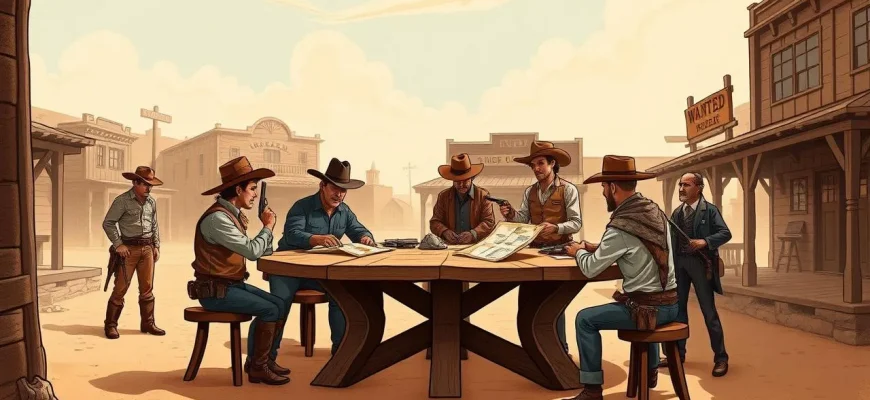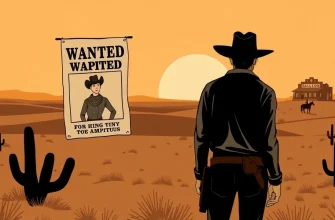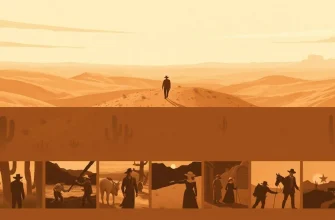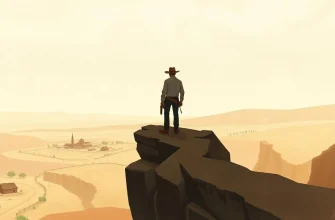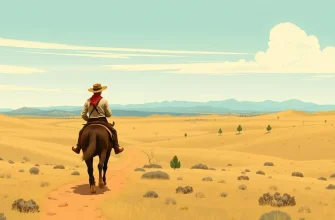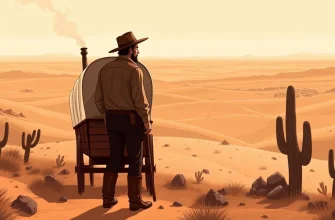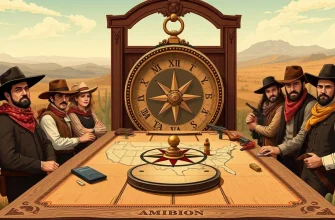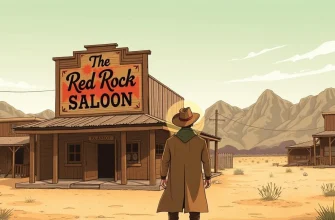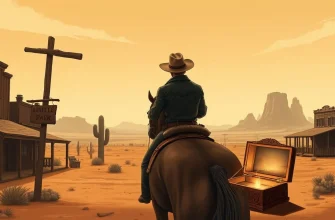- The Treasure of the Sierra Madre (1948)
- The Magnificent Seven (1960)
- The Man Who Shot Liberty Valance (1962)
- The Good, the Bad and the Ugly (1966)
- Butch Cassidy and the Sundance Kid (1969)
- The Wild Bunch (1969)
- The Outlaw Josey Wales (1976)
- 3:10 to Yuma (2007)
- The Assassination of Jesse James by the Coward Robert Ford (2007)
- The Great Train Robbery (1903)
Western films have long been a staple of cinema, often showcasing tales of rugged individualism, lawlessness, and the harsh realities of frontier life. However, within this genre, there exists a niche of films that delve into the world of planning, strategy, and the execution of elaborate schemes. This collection of 10 Western films explores the theme of "plans," where characters devise, execute, or thwart various plots, adding layers of intrigue and suspense to the classic Western setting. These films not only entertain but also offer a deeper look into the complexities of human nature and the consequences of ambition and greed in the Wild West.
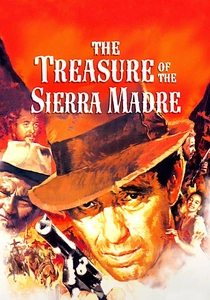
The Treasure of the Sierra Madre (1948)
Description: A tale of gold prospectors whose plan to strike it rich in Mexico leads to greed, betrayal, and the unraveling of their carefully laid plans.
Fact: Humphrey Bogart's performance as the paranoid Fred C. Dobbs is considered one of his finest, earning him an Academy Award nomination.
 Watch Now
Watch Now
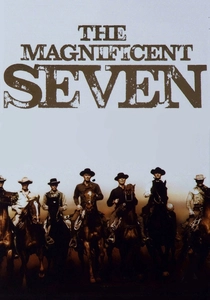
The Magnificent Seven (1960)
Description: A group of gunfighters plan to defend a Mexican village from bandits, showcasing their strategic planning and unity.
Fact: The film was a remake of Akira Kurosawa's "Seven Samurai," adapting the story to a Western setting.
 Watch Now
Watch Now

The Man Who Shot Liberty Valance (1962)
Description: This film explores the myth-making and planning behind the legend of who really shot the notorious outlaw, Liberty Valance.
Fact: The film is famous for its line, "When the legend becomes fact, print the legend," which has become a cultural touchstone.
 Watch Now
Watch Now
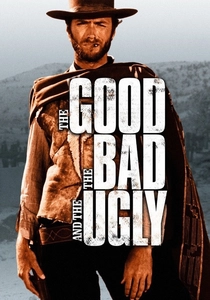
The Good, the Bad and the Ugly (1966)
Description: Three men plan to find a buried treasure, leading to a series of double-crosses and strategic maneuvers in this iconic spaghetti Western.
Fact: The film was shot in Spain, with many scenes filmed in the Tabernas Desert, which was used to represent the American Southwest.
 Watch Now
Watch Now
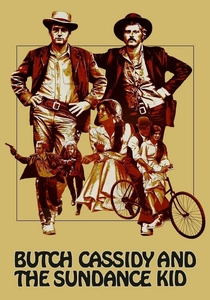
Butch Cassidy and the Sundance Kid (1969)
Description: The film chronicles the lives of two outlaws who plan to escape their past by fleeing to Bolivia, highlighting their strategic thinking and camaraderie.
Fact: The film was one of the first to use sepia-toned flashbacks, a technique that became popular in later films.
 Watch Now
Watch Now
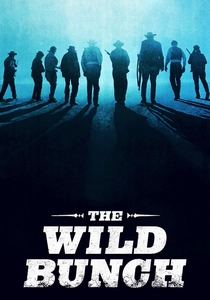
The Wild Bunch (1969)
Description: This film follows an aging group of outlaws who plan one last heist, showcasing the intricate planning and the moral dilemmas they face.
Fact: The film was controversial for its graphic violence, which was quite unprecedented for its time. It was also one of the first films to be released with an R rating.
 Watch Now
Watch Now

The Outlaw Josey Wales (1976)
Description: Josey Wales, a Missouri farmer, plans his revenge against the Union soldiers who murdered his family, leading to a journey of redemption.
Fact: Clint Eastwood not only starred in but also directed this film, marking his first directorial effort in a Western.
 Watch Now
Watch Now
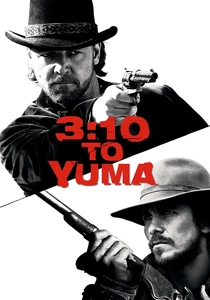
3:10 to Yuma (2007)
Description: A rancher plans to escort a notorious outlaw to justice, leading to a tense standoff and a test of character and strategy.
Fact: This is a remake of the 1957 film of the same name, with significant changes to the plot and character development.
 Watch Now
Watch Now
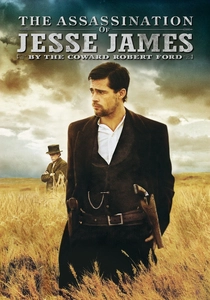
The Assassination of Jesse James by the Coward Robert Ford (2007)
Description: This film explores the psychological planning and execution of Jesse James' assassination by Robert Ford, delving into themes of betrayal and fame.
Fact: The film was shot on location in Canada, with the cinematography capturing the haunting beauty of the landscapes.
 Watch Now
Watch Now
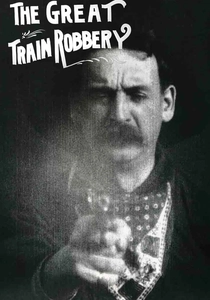
The Great Train Robbery (1903)
Description: Though not a traditional Western, this silent film features a meticulously planned train heist, setting the stage for future Western heist films.
Fact: It was one of the first films to use narrative storytelling and is often credited with establishing the Western genre.
 30 Days Free
30 Days Free

